Hero Points were formally introduced into Pathfinder as an optional rule in the Advanced Player’s Guide (obligatory shout out to the APG and all Pathfinder’s success as a system owes to it). On top of being codified as an optional rule, the Hero Points for GMs section opens with this warning: “Although all of the options presented in this book should be carefully considered before they are added to your game, hero points deserve closer inspection.”
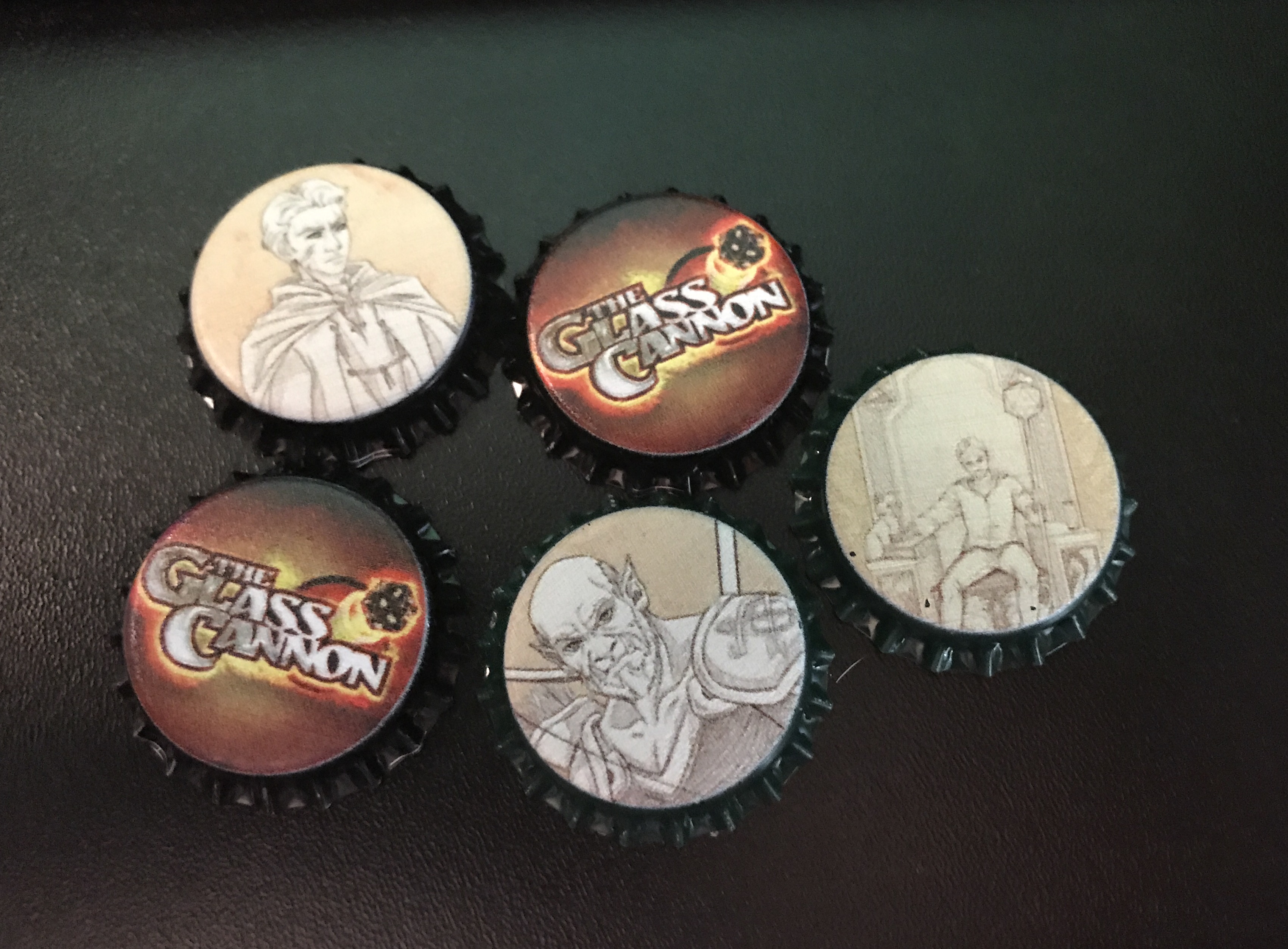 Despite the warning, Hero Points might be the game’s most popular optional rule shy of the unchained classes. They were included in the 2e Playtest as a core rule. The Glass Cannon Podcast’s bottle cap system (essentially, they use bottle caps as tokens to represent Hero Points for those unfamiliar) really illustrated how engaging the rule could be. Hero Points are mechanically useful for players and psychologically useful for GMs. When tension is high and the PCs need to put their hair up and square up, having a rare resource that lets them show the importance of the moment to them to try twice as hard to succeed leads to nice dramatic moments and gives them greater ownership of their characters and the adventures they’re on.
Despite the warning, Hero Points might be the game’s most popular optional rule shy of the unchained classes. They were included in the 2e Playtest as a core rule. The Glass Cannon Podcast’s bottle cap system (essentially, they use bottle caps as tokens to represent Hero Points for those unfamiliar) really illustrated how engaging the rule could be. Hero Points are mechanically useful for players and psychologically useful for GMs. When tension is high and the PCs need to put their hair up and square up, having a rare resource that lets them show the importance of the moment to them to try twice as hard to succeed leads to nice dramatic moments and gives them greater ownership of their characters and the adventures they’re on.
From the GM side, we have a tangible, meta reward system that indicates the player behaviour you appreciate. Want great roleplaying moments? Players paying attention to and speculating on the plot? Help cleaning up after a session? Give Hero Points for the behaviour you want to see more of. You can go a step further and give each player an individualized reward system. If a player has trouble keeping their character sheet up to date, offer them a Hero Point if they show up next session with a new character sheet. Does one player bring accessories every week that help the sessions run smoothly? Hero Point to tell them you noticed and appreciate it. As long as all players understand how they can earn their Hero Points and each has an equal likelihood of earning them, then the system is fair.
That said, I’ve always had trouble as a GM implementing a Hero Point system. Although I have minor negative feelings about the flavour of Hero Points (that the player characters aren’t being extra heroic as much as it is the universe giving them yet another advantage over the average character), that is not the source of my failure to implement it. Rather, rewarding them takes me out of my GM zone. If there’s one point I’ve repeatedly fallen back on, it’s how much I cherish engagement at the table. Tracking who deserves a Hero Point is one more distraction from the story, and as the gate keeper of this system, if I’m not giving them out, they aren’t out there to use.
What I and GMs who can relate to my issue need is a GM-less alternative to Hero Points. Ideally, this system would retain the GMs ability to reward certain behaviour without the onus on the GM to track it. Impossible, you say? Oh GMs, you clearly haven’t been listening to the Private Sanctuary podcast archive.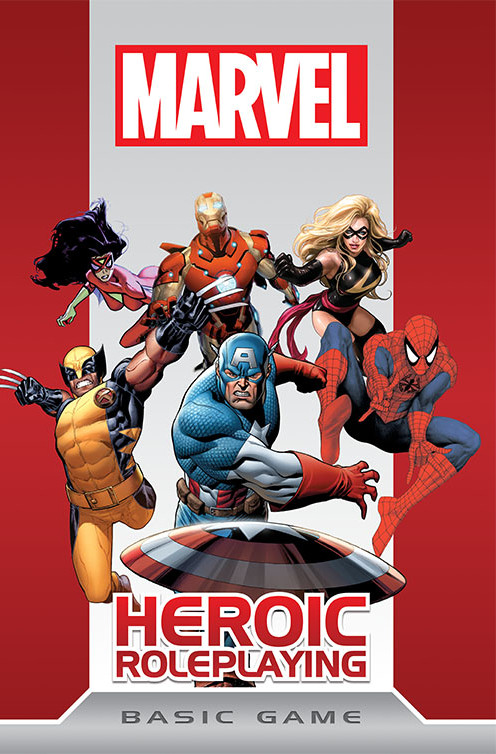
Years ago, “Chatty DM” Philippe-Antoine Ménard joined me on Private Sanctuary Podcast 193 to discuss the then new Marvel Heroic Roleplaying from Margaret Weis Productions. It was one of the few episodes that dove deep into a non-3.X engine RPG, and remains one of the more memorable GM episodes because of it.
Marvel Heroic Roleplaying had a subsystem that does everything I want my GM-less Hero Points system to be. The Doom Pool. When players feel like they need an extra bump, they could choose to add a die -any die- to their roll. However, whenever a player adds a die to a roll, the GM adds the same die to a pool of extra dice. The GM can add these extra dice to their roll in the same way. I don’t know if this was explicitly stated but I pictured the GM putting a die into a dice tray to keep track of the extra dice available to them. Effectively, the universe is letting the players bend the rules to their advantage, but it will right itself.
It’s probably obvious how this system recreates the tension of a clutch roll, and how it’s easier for the GM to implement, but you might wonder how it retains the psychology of rewarding good behaviour. It doesn’t. It punishes bad behaviour. While you should use the dice in your Doom Pool to increase dramatic and danger in important encounters, save some. These are your sticks.
“That’s a bit too much metagame thinking, player. I’m going to put this d8 aside with your name on it.”
“Player, you’re 15 minutes late. I put aside a d4 for every 5 minutes you were late.”
“OK, player, we’ve talked about you interrupting the other players. I’ve assigned a d10 to you, don’t make me assign another.”
A Doom Pool allows us to give up some of the responsibility of a Hero Points system while keeping the power in both player and GM hands.

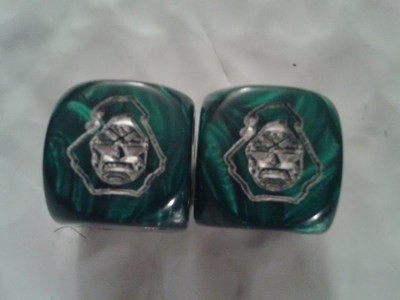
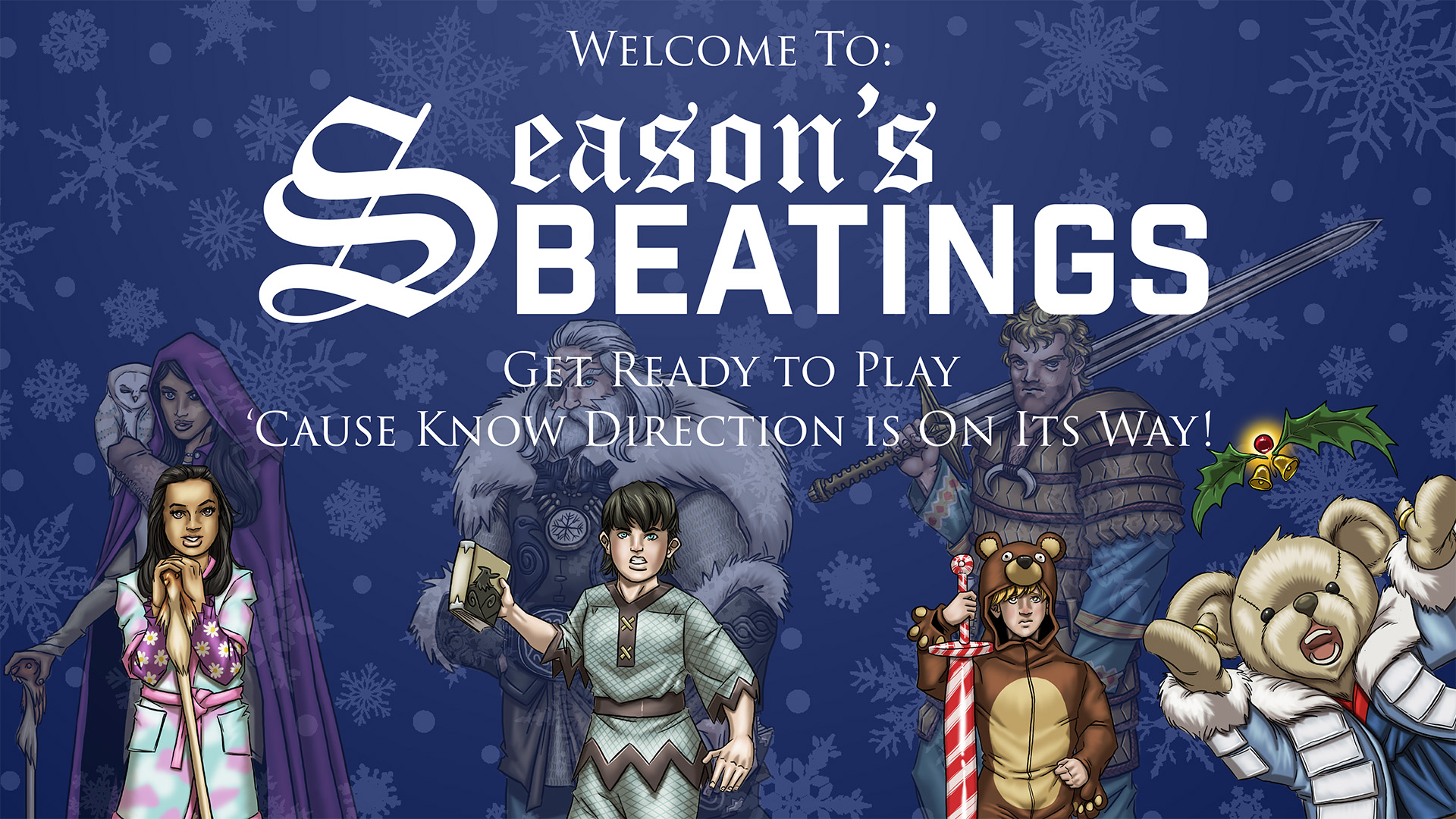
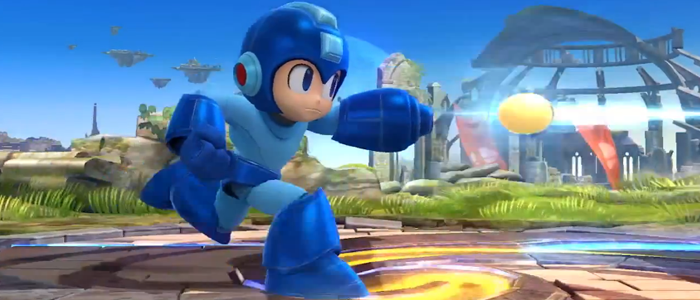


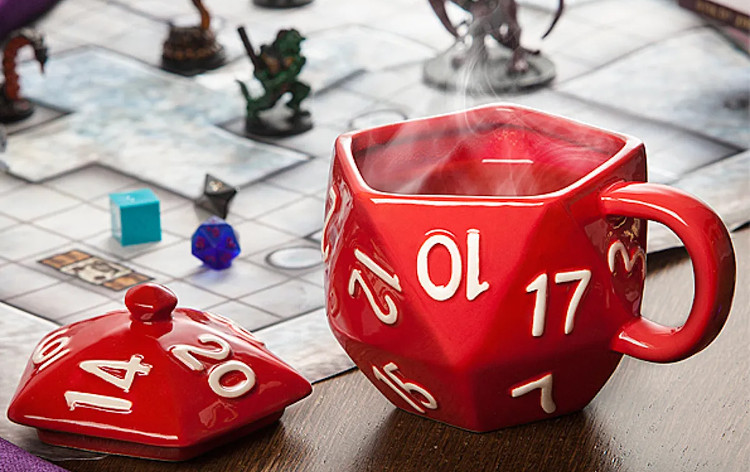
Hey Ryan,
I would like to offer some criticism to your article! It’s going to sound rather negative but I want to start off by saying I appreciate you wrote this. Because I’m always looking for new and interesting mechanics to add, and this got me to thinking about it at least!
As for the article itself. I believe you attract more flies with honey than vinegar. And a system that punishes unwanted behavior ultimately draws me less than a system that rewards good behavior.
Furthermore the application of hero points (or doom points) to me only appeals in one scenario. And that’s to make the world more cinematic. With the dice at important moments being buffed. But at the same time, using your ‘doom points’ ‘fairly’ (aka not on a power word death or something cheeky) is tough and even more think-work for the GM.
I also feel both hero points and doom points are too meta. Every time one is used I’m reminded we’re playing a game. So end of the day, I leave them out of my games.
I don’t worry too much about the hero points being meta. Calculating all of my bonuses feels far more meta to me but I like to use Hero points narratively. The chips are down and the character is digging into untapped reserves. They’re putting in just a little more effort and hopefully your players will add those descriptive flourishes when they spend their hero points.
Implementing a doom pool could be a cool element of the game and I don’t think much more complicated for the GM than Hero Points. That said I do agree with the Jokerplays in that I don’t want a system that punishes players. I don’t mind rewarding players but punishment is too adversarial for my taste.
A doom pool like hero points should enhance the narrative and should only be used to complicate character’s lives based on the needs of the story. Such as a character makes a promise to reveal a secret they’ve been carrying for a long time, but now everyone’s engaged in combat. That poor PC might find things are going to be a little tougher and they might not get the chance to tell anyone anything.
You might also consider limiting the pool to say a d6 per player plus one for the GM. For further excitement and to resemble pool systems from other games the distribution of the starting pool could be random. At the beginning of the session, each player rolls thier d6 if the roll is 1-3 the GM begins with the die in doom pool while every roll of 4 or higher puts the die in the player controlled hero pool. Dice spent from one pool automatically enter the other pool.
Any player could spend a hero pool die even if the die they rolled at the start of the session went straight to the doom pool because the hero pool is a communal resource.
You might even allow dice to be spent for things other than adding to a d20 roll such as pulling a card from the Critical Hits deck instead of using just the normal critical multiplier or forcing an opponent who rolled a 1 to draw a fumble card.